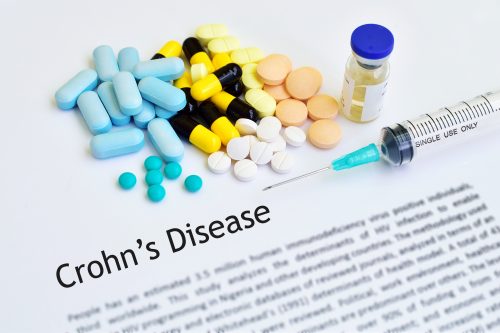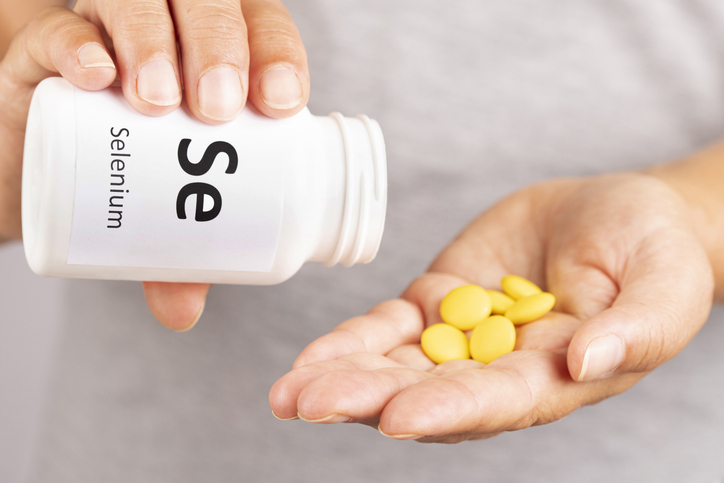
A recent trial found biosimilar CT-P13 was noninferior to reference product (RP) infliximab when treating Crohn’s disease (CD) patients.
The study identified patients using a French nationwide health administrative database between March 1, 2015, and June 30, 2017. Eligible patients had CD, had never been treated with infliximab, and were older than 15 years. A total of 5,050 patients met the criteria, of whom 2,551 were treated with RP and 2,499 with CT-P13. A composite end point of death, CD-related surgery, all-cause hospitalization, and reimbursement of another biologic therapy were all primary outcomes.
#Biosimilar CT-P13 (Inflectra) showed equivalent efficacy and safety to the anti-TNF antibody infliximab (Remicade) in a French health insurance-based study of infliximab-naive patients with #Crohnsdisease https://t.co/wMUYz9KWMD
— Duke GI (@Duke_GI_) December 11, 2018
In the RP group, 1,147 patients met the composite end point, compared to 952 patients in the CT-P13 group. There were 838 and 719 hospitalizations in the RP and CT-P13 groups, respectively. Multivariable analysis of the primary outcome found CT-P13 was equivalent to RP (hazard ratio [HR], 0.92 [95% confidence interval {CI}, 0.85 to 0.99]). Similar outcomes were observed between the groups regarding rates of serious infections (HR, 0.82 [CI, 0.61 to 1.11]), tuberculosis (HR, 1.10 [CI, 0.36 to 3.34]), and solid or hematologic cancer (HR, 0.66 [CI, 0.33 to 1.32]).
In an accompanying editorial, Ole Haagen Nielsen, MD, DMSc, of University of Copenhagen Herlev Hospital, and Mark Andrew Ainsworth, MD, PhD, DMSc, of Odense University Hospital, stated that an increase in the use of biosimilars could have a great cost-reducing effect: “The introduction of biosimilars has resulted in cost savings, and further economic benefits are anticipated as use of these products increases.”
Important study in @AnnalsofIM on effectiveness and safety of Infliximab biosimilar for Crohn's | https://t.co/Din8xi3iR8
— Ziad Gellad, MD MPH (@ZiadGelladMD) December 11, 2018
Patients will need to receive appropriate information from their providers, though.
“Most important, to alleviate concerns, healthcare professionals must be proactive in increasing patients’ confidence by providing evidence-based information from the growing experience with biosimilars,” they wrote.
One limitation of the study was that the database used to gather data did not include all relevant clinical information, including disease activity, the study authors noted.
“This analysis of real-world data indicates that the effectiveness of CT-P13 is equivalent to that of RP for infliximab-naive patients with CD,” the researchers wrote. “No difference was observed for safety outcomes.”
Cannabis Improves Crohn’s Disease Symptoms Without Affecting Gut Inflammation
Risk of Myocardial Infarction in Inflammatory Bowel Disease: A Population-based National Study
Sources: Annals of Internal Medicine, MedPage Today







 © 2025 Mashup Media, LLC, a Formedics Property. All Rights Reserved.
© 2025 Mashup Media, LLC, a Formedics Property. All Rights Reserved.